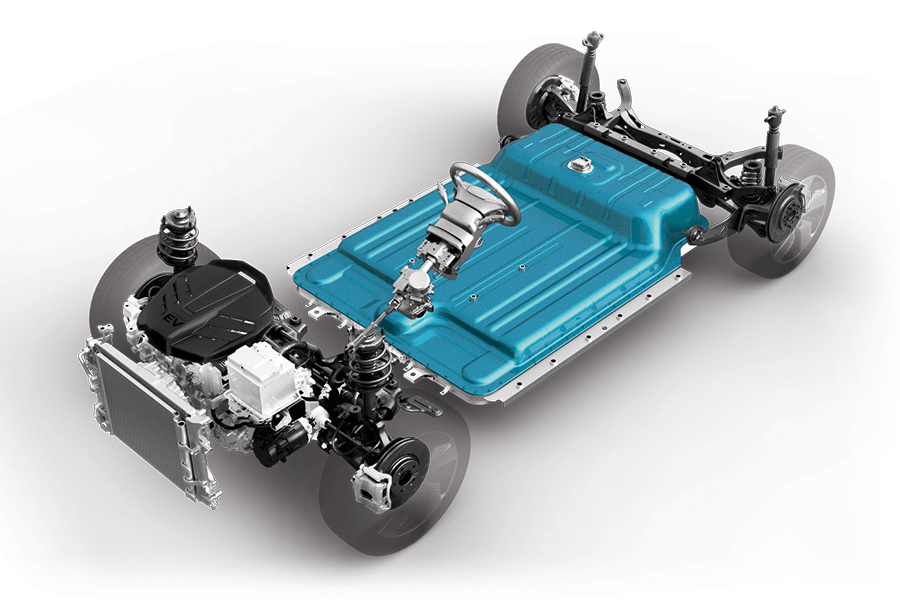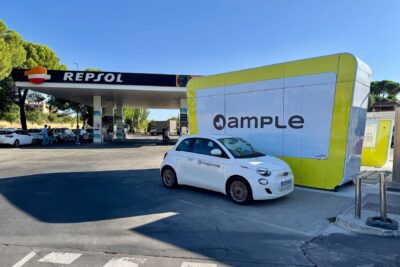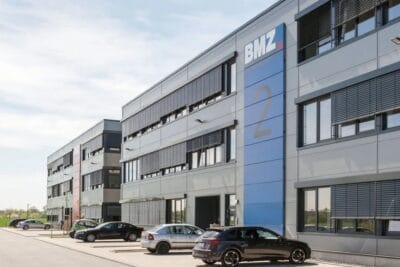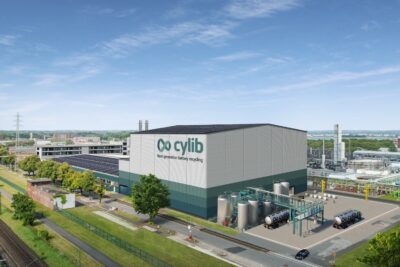Will Hyundai’s own LFP battery be available as early as 2025?
In its report, The Korean Car Blog refers to unspecified industry sources. According to these sources, Hyundai plans to “develop ultra-high-capacity LFP batteries for electric vehicles” with South Korean battery partners. With a rumoured energy density of 300 Wh/kg, the Korean joint project could outperform LFP cells from Chinese manufacturers. Their energy density is currently in the mid to high 200 Wh/kg range, which would put the South Korean companies around 15 per cent above the current market standard.
Originally, Hyundai aimed to complete the development of its LFP cells as early as 2023 or 2024. However, this was later postponed to 2025 because they wanted to achieve the 300 watt-hours per kilogramme. Although Hyundai is directly involved in the battery design and can customise the cells for use in its vehicles, the partners are mainly responsible for the development work.
Even though the latest information has not been confirmed by the company (as is usual with such insider reports), Hyundai has long been associated with its own battery projects. In September, the company confirmed that it was researching new technologies for the production of LFP cathodes together with Kia, Hyundai Steel and EcoProBM. However, this project is scheduled to run for four years and is therefore unlikely to have a direct impact on LFP cells, which are expected to be ready by 2025. Also in September, the Korea Economic Daily wrote that Hyundai is preparing to produce its own battery cells from 2027. However, these are said to be NCM prototype cells and not LFP cells. However, there were already rumours about this in 2023.
The new LFP cells, which the Korean Car Blog writes about, are to be installed in “mid to low-cost small electric vehicles.” A high energy density is particularly important for small cars, where installation space is limited, in order to achieve an attractive range. Hyundai wants to overcome the “temporary slowdown in demand within the EV market” for affordable electric cars with LFP cells.
At the end of June, Hyundai presented such an affordable electric car with the small Inster EV, which is expected to be available in Germany towards the end of the year. The Inster is expected to cost well under 25,000 euros – but it is not yet known who will supply the battery and what cell chemistry will be used.





0 Comments